Senator Rand Paul gave an interview to National Review about his libertarian approach to Republican policy, with an emphasis on national defense, given his spectacular filibuster of CIA nominee John Brennan over domestic drone strikes. But he also had some interesting comments on the subject of gay marriage, where he said he wanted to “shake up the Republican position.”
“I’m an old-fashioned traditionalist. I believe in the historic and religious definition of marriage,” said Paul. “That being said, I’m not for eliminating contracts between adults. I think there are ways to make the tax code more neutral, so it doesn’t mention marriage. Then we don’t have to redefine what marriage is; we just don’t have marriage in the tax code.”
The notion of extricating the government from the marriage business altogether has long been advocated by libertarians, and gains new currency among the general Republican population as perception grows that defending traditional marriage is an electorally thankless task. Social conservatives generally insist upon it, but a good number of otherwise approachable voters, especially young people, favor gay marriage. It might fairly be said that the culturally-influenced “default” position, for people who don’t really count marriage as a top concern, now favors gay marriage, where 10 or 15 years ago it was almost certainly opposed. That’s a significant tipping point for any issue: the moment of casual acceptance. It makes this an issue some Republicans would prefer to quietly table.
On the specific Paul proposals: I’ve always thought it was silly to block simple legal contracts between consenting adults, but I think that can be accomplished without re-defining marriage. The issue of tax-code treatment is more complex. I think society has positive reasons to provide incentives for traditional marriage – to put it bluntly, a healthy, independent society needs a lot of long-lasting marriages between men and women, with a sizable percentage of them raising multiple children in stable households. There just isn’t any substitute for that. It’s a practical consideration, not a moral or religious judgment.
But I’m also receptive to the argument that the State subsidizes and punishes far too much private behavior. Not enough people understand that subsidies are penalties for the people who don’t receive them. If gay couples feel that way about preferential tax treatment granted to married men and women, it could be taken as an encouraging sign of progress. We should make the tax code “neutral” in countless ways. I don’t see why marriage should go first, but it definitely shouldn’t be the last.
Beyond these matters, the notion of extracting government from marriage runs into a couple of big problems. Child custody is an obvious example. Such matters are already difficult. They would grow even more so, if the government played no role in certifying legitimate marriages. The separation of law from marriage, until it becomes entirely a matter between private individuals, is more difficult to accomplish than the lovely libertarian simplicity of the idea implies.
And not to put too fine a point on it, but I don’t think same-sex marriage advocates really want the State to butt out. Can private individuals be allowed to refuse recognition of a same-sex marriage? Criticism of the “federalist” approach to marriage, in which each state makes its own laws – the position President Obama supposedly favors, although he currently trembles with the first signs of another “evolution” – holds that it’s not enough to allow gay marriage in one state but not another, because people who get married in states which allow it will inevitably migrate to those which don’t.
There are people on both sides of the gay marriage issue who level this criticism, obviously for opposite reasons. People who enter the strong, sacred commitment of marriage wish that commitment to be recognized by others, and are dismayed when others deny the validity of their marital bond. A strong driving force behind the institution of marriage is public acknowledgement. That’s one reason the vows are celebrated with great ceremony, and consecrated with religious authority.
I’m a supporter of traditional marriage, but I have no doubt the majority of same-sex marriage advocates sincerely desire this recognition, for the same reasons married men and women do. I find it hard to imagine that the marriage wars will end with a cease-fire in which everyone agrees to keep government power completely out of the picture, allowing individuals to define, declare, and deny the sanctity of marriage in any way they see fit. To be honest, given the general nature of modern culture, I doubt this would ultimately end with traditionalists retaining the right to verbally deny the validity of gay marriage without being accused of hate crimes, never mind refusing to acknowledge such marriages in any practical sense. It doesn’t seem like the sort of question any society is likely to settle without some recourse to law and government.




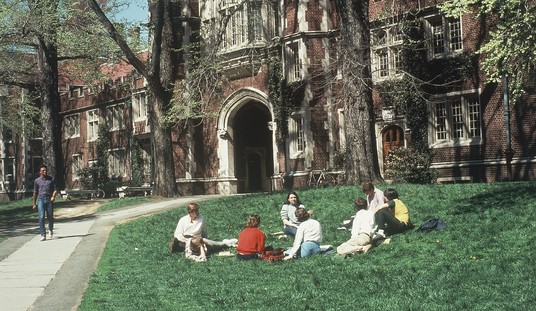

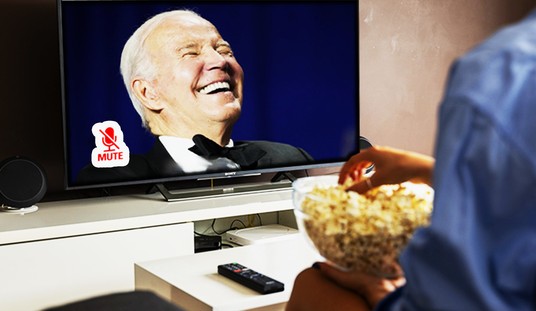
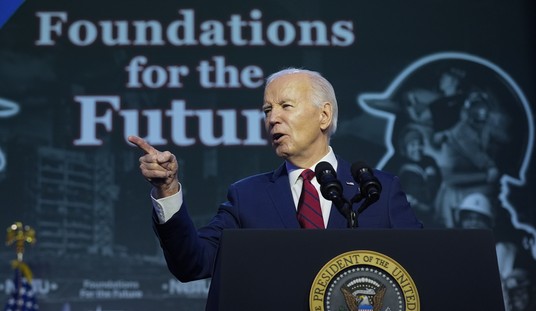
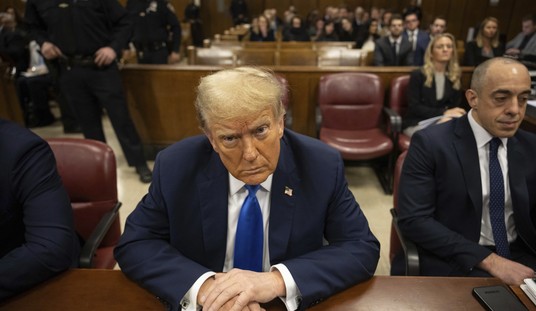


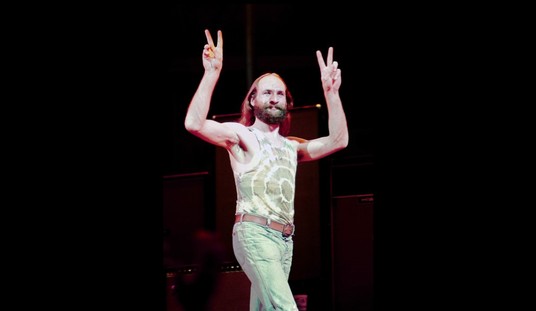

Join the conversation as a VIP Member